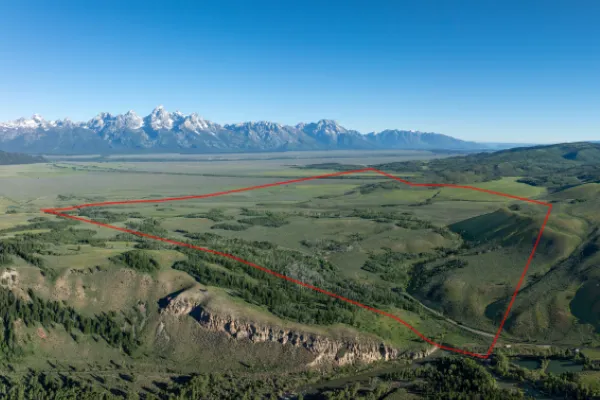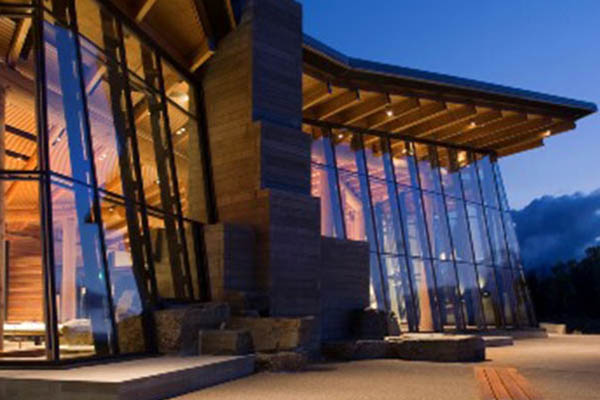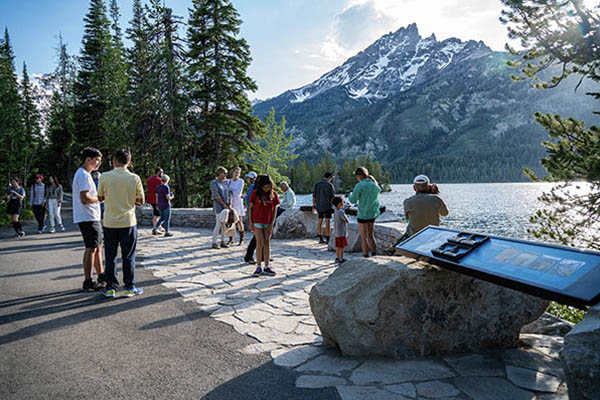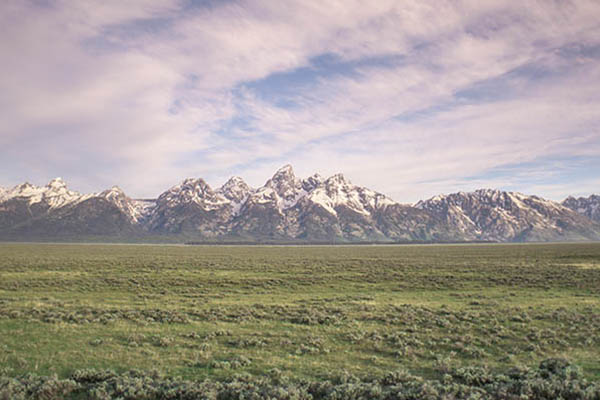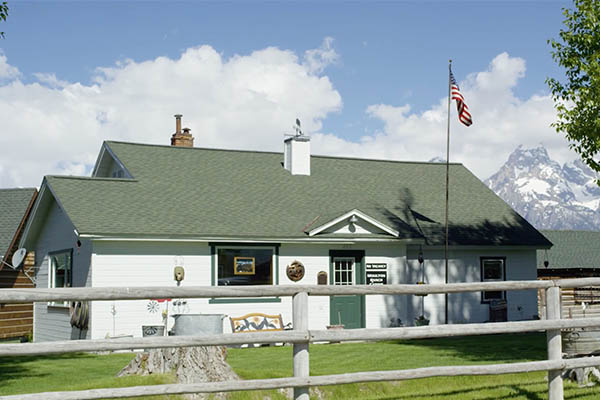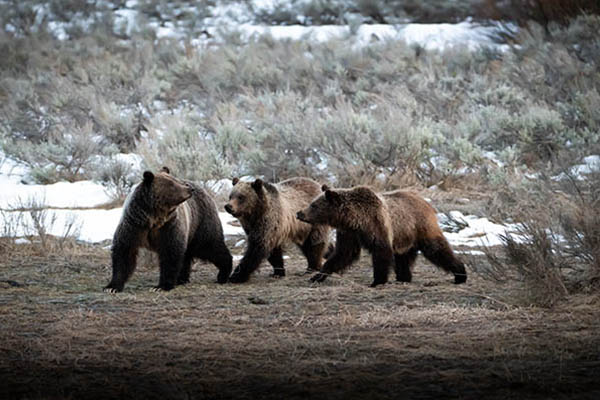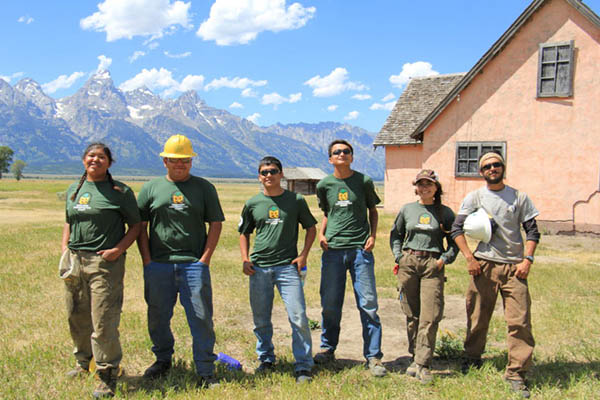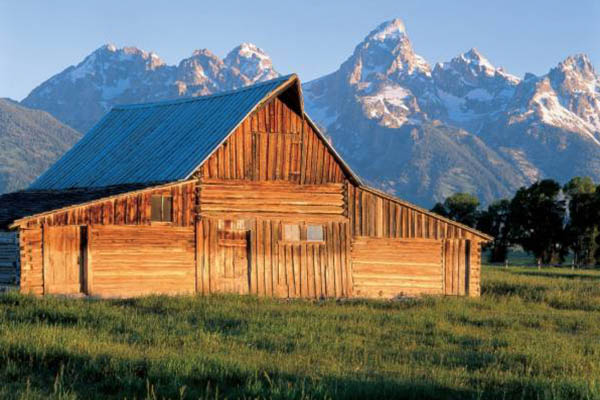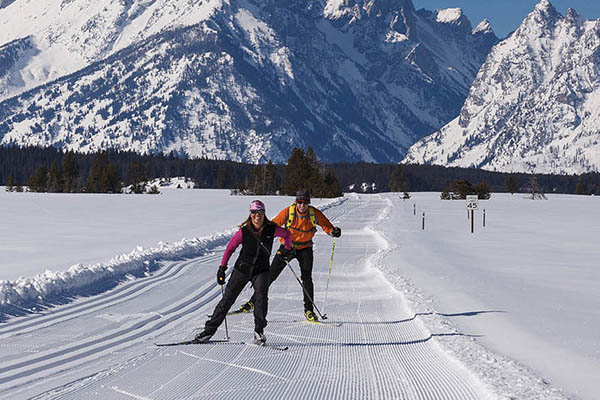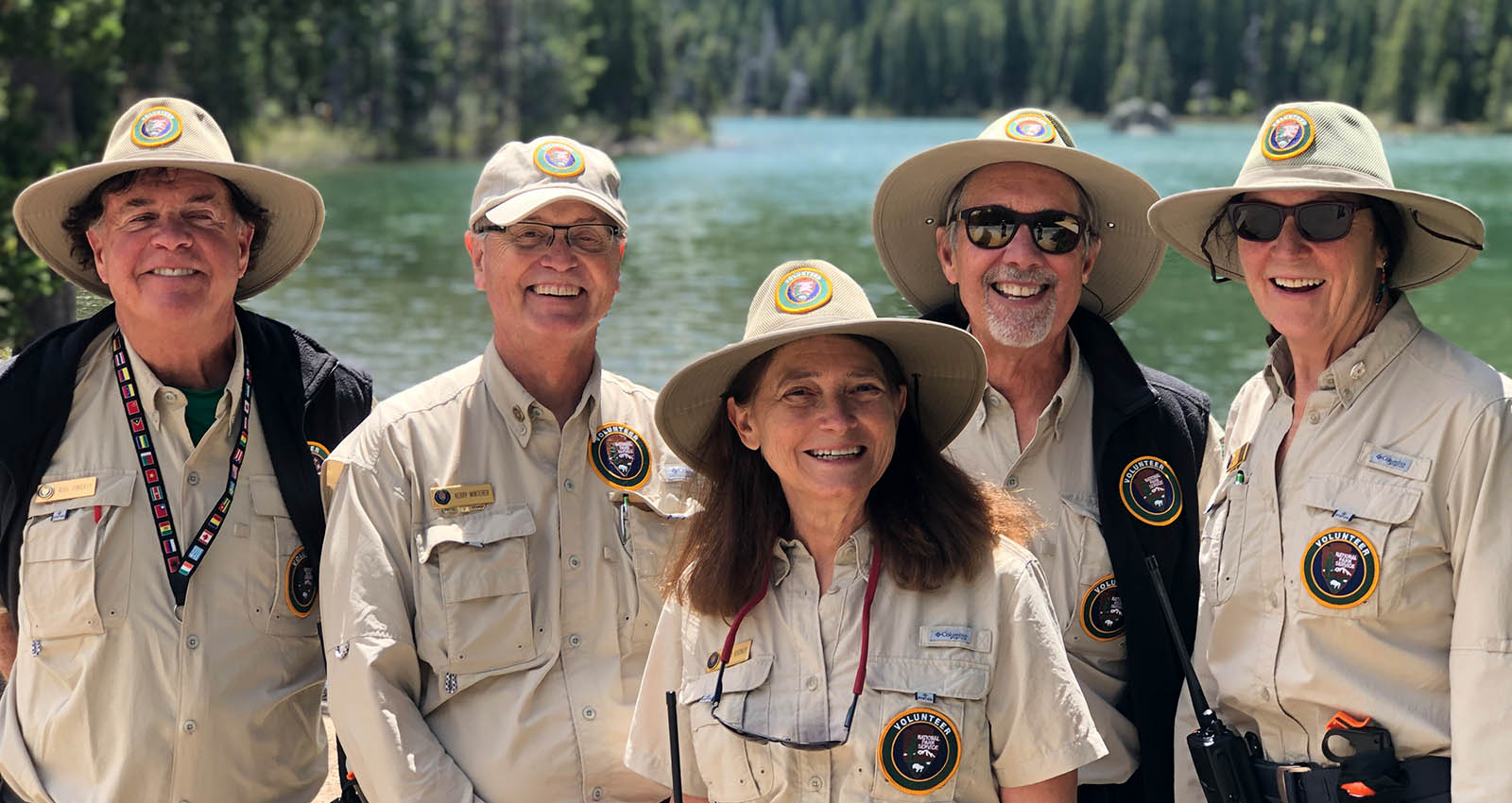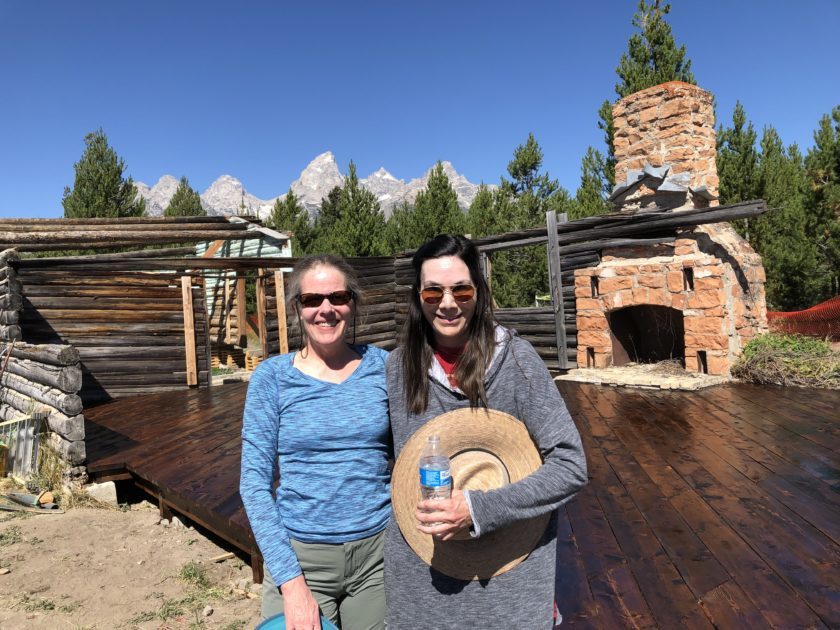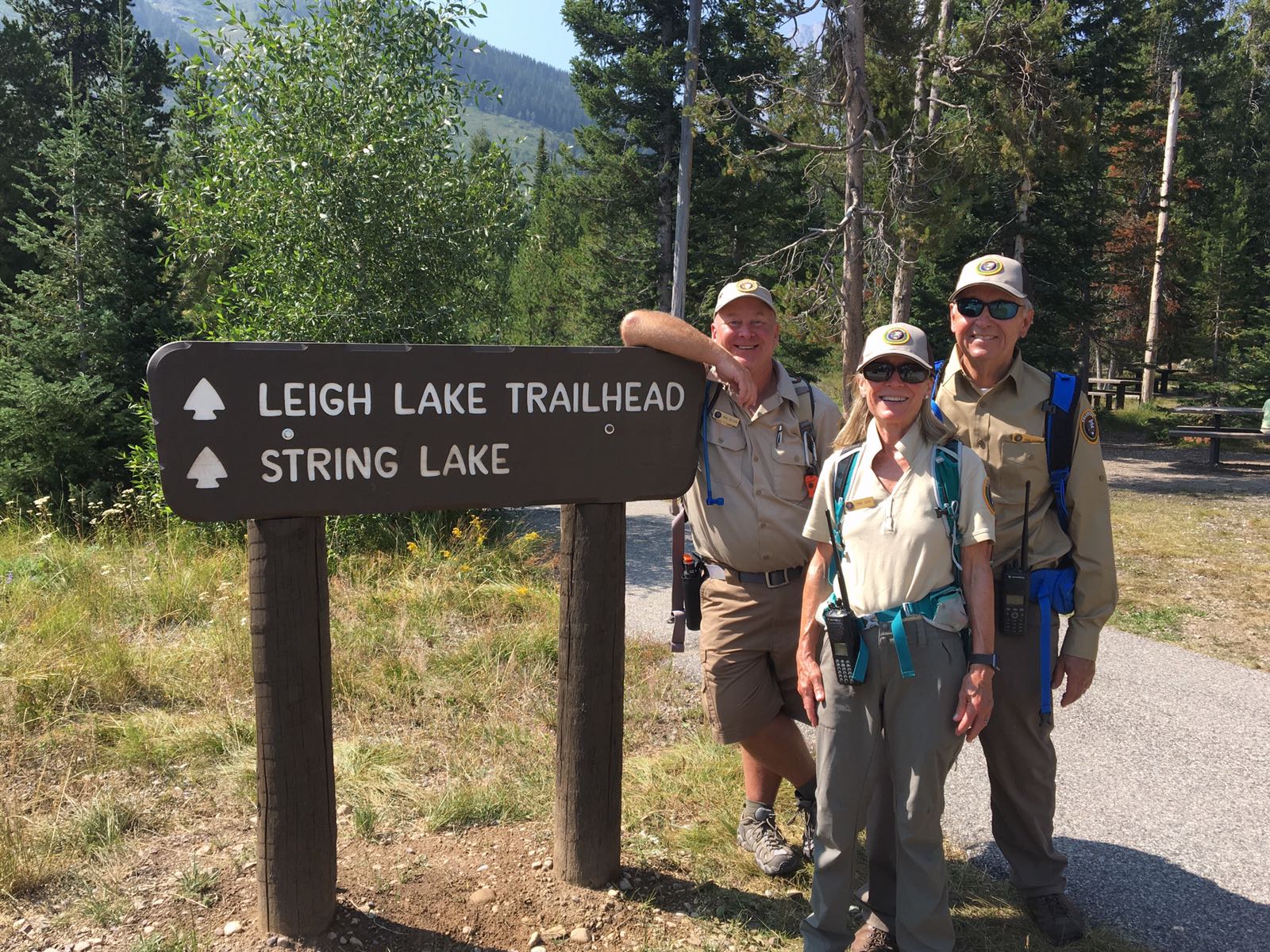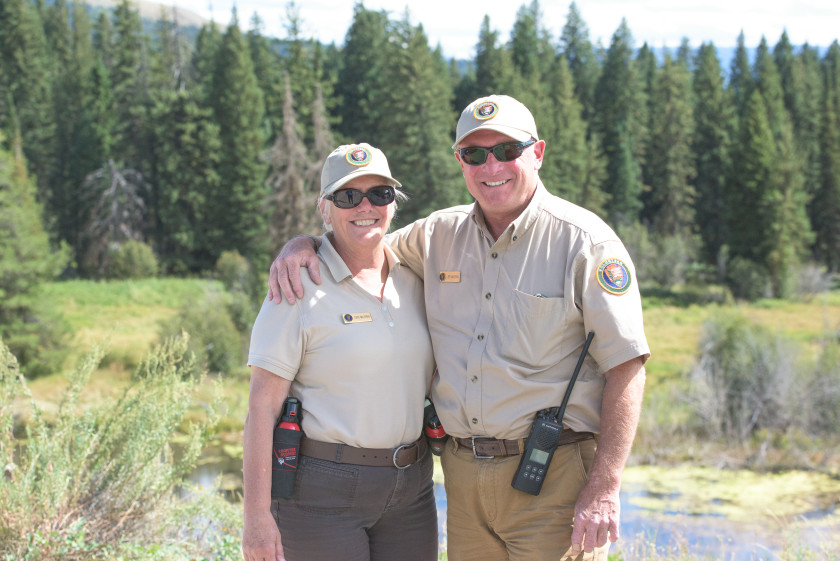PROTECTING RESOURCES AND IMPROVING VISITORS' EXPERIENCES IN THE PARK
Increased visitation during the last several years has placed additional pressure on Grand Teton National Park’s resources and employees. Foundation funding supports innovative volunteer programs that bolster Grand Teton’s ability to provide visitors with a safe and enjoyable experience during their stay. These dedicated teams are an invaluable addition to Grand Teton that advance resource protection and education, while having a tremendous impact on the park and the millions of people who visit each year.
GET INVOLVED
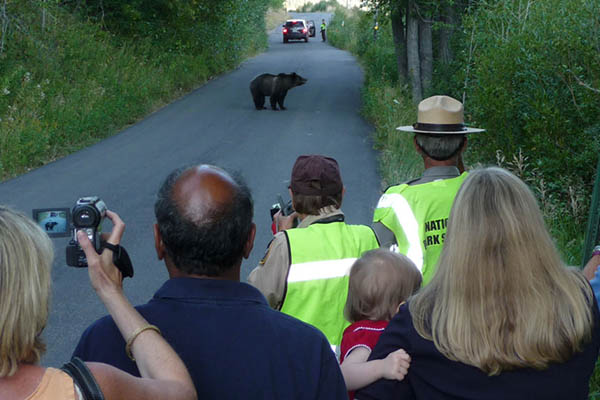
WILDLIFE BRIGADE
Tasked with facilitating safe interactions between visitors and animals, Grand Teton’s Wildlife Brigade members are part ambassadors, part compliance officers. This valuable group of volunteers manages roadside wildlife jams, patrols picnic areas for unsecured food, and shares educational information with visitors. By funding resources for topnotch training and everyday equipment needs, the Foundation ensures the Brigade’s effective operation year after year.
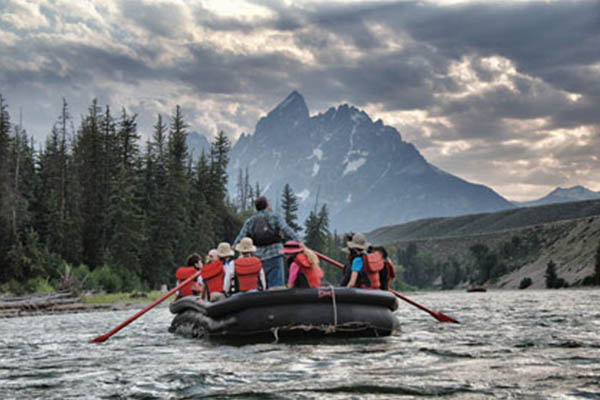
SNAKE RIVER AMBASSADORS
Record-breaking visitation and the Wild and Scenic designation of the Snake River have increased recreational use, causing more boating accidents. Snake River Ambassadors support the National Park Service by educating visitors about the potential hazards and necessary skills to navigate the river in Grand Teton National Park. By interacting with people at access points before they launch their boats, volunteers help increase safety and improve the river experience for park visitors.
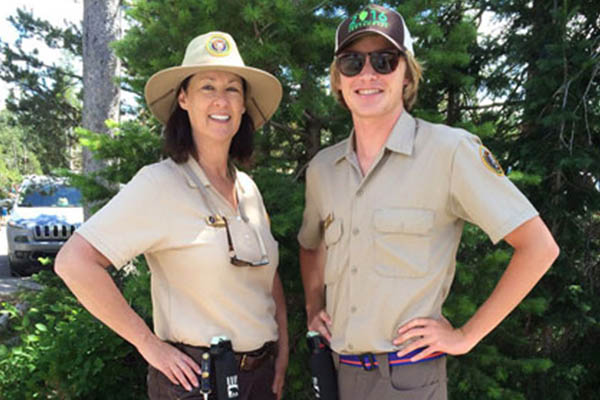
STRING LAKE BRIGADE
String Lake is one of the most popular destinations in Grand Teton due to its stunning scenery, access to water activities, and proximity to hiking trails. Record visitation in recent years has created a variety of management challenges for the park in this area during the summer season. The String Lake Volunteer Team (aka String Lakers) provides on-the-ground support to NPS staff to help minimize human-wildlife conflicts, parking issues, and resource impacts. 2016 was the pilot year of String Lakers and a huge success—it was the first summer in recent memory with no significant human-wildlife interactions and zero food rewards in the area.

